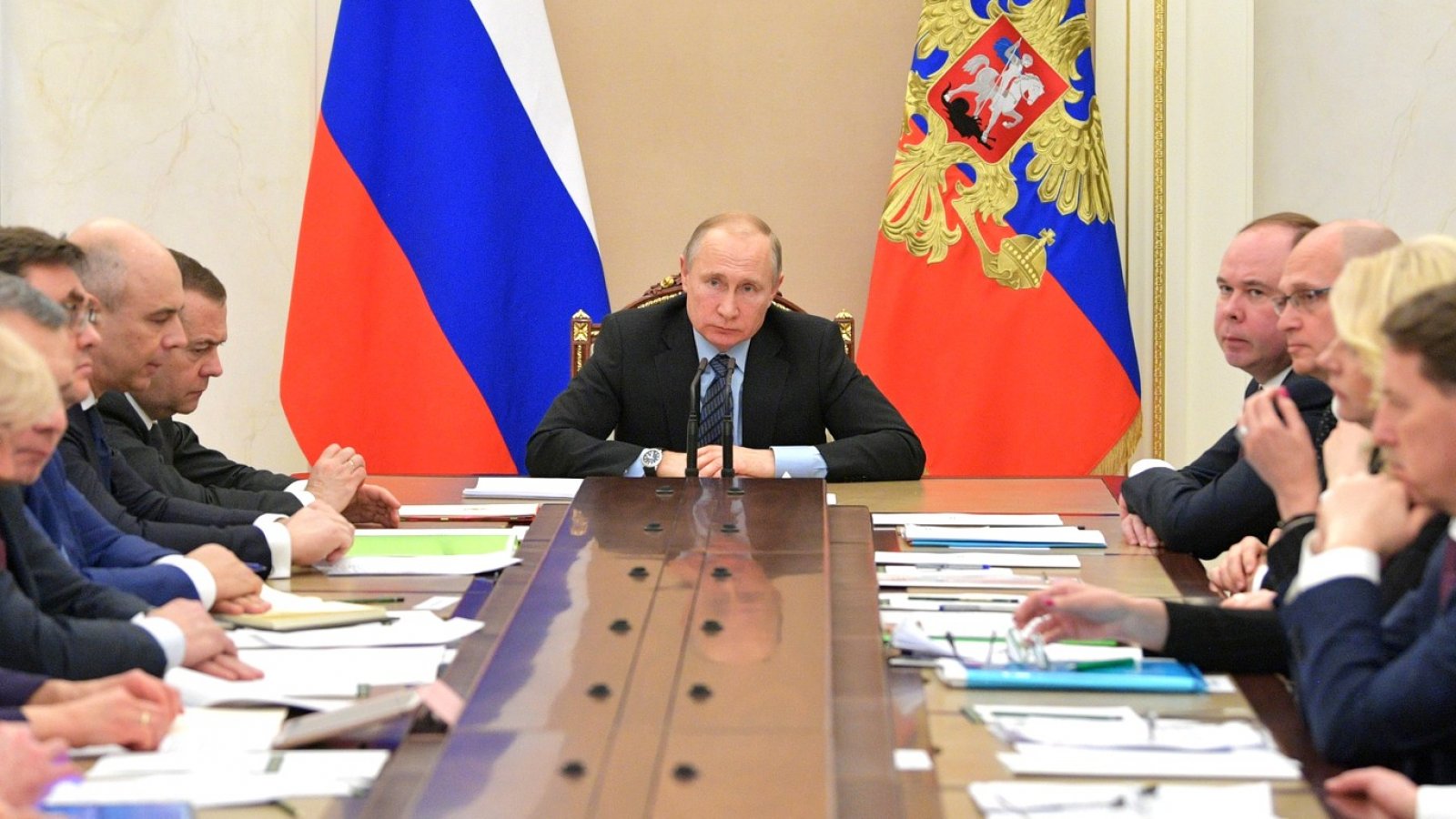
While President Trump perpetually brands professional media outlets and the factual stories they report as "fake news," Russia's government is moving to punish coverage it dislikes with incarceration and large fines.
Prosecutors would be able to block websites without court orders, while publications found guilty of spreading “unreliable socially-significant information” would face fines of as much as 1 million rubles ($15,000) under a measure passed by the lower house of parliament at first reading on Thursday.
A second law threatens people with up to 15 days in jail, as well as a ban on their publications, if they distribute material “expressing in indecent form a clear disrespect for society, the state, the official state symbols of the Russian Federation, the Constitution of the Russian Federation and bodies exercising state power.”
The Kremlin “in concept” supports the draft laws, which may be “refined” in later readings, said Garry Minkh, President Vladimir Putin’s representative to parliament, the state-run Tass news service reported. “There’s no censorship here or contradiction of the constitution because rights and freedoms can be restricted for constitutionally significant purposes,” he said.
The proposals, which face two more readings, should be “radically revised” to eliminate “a high level of legal uncertainty” that may lead to arbitrary enforcement, the Kremlin’s human rights council said on its website. The council is an advisory body whose recommendations are frequently ignored.
The new rules come as Vladimir Putin is losing support.
The measures emerged after Putin’s popularity slumped to a seven-year low among Russians in September amid anger at a law increasing the pension ages. More than half of Russians said they wanted Prime Minister Dmitry Medvedev’s government to resign in a survey published last week, blaming his cabinet for a failure to tackle rising prices and falling incomes. Russia has gradually tightened restrictions on news media and particularly the internet, which is favored by anti-Putin activists banned from appearing on state television.
While officials “can always find a way to put pressure on the opposition,” the Kremlin is sending a “signal” with the new legislation, according to Leonid Parfenov, a prominent Russian journalist and filmmaker.
“The authorities are in principle against any criticism of them,” he said. “Their self-esteem is so high that they need to back it up with a law.”
Russia Moves to Ban ‘Fake News’ and ‘Indecent’ State Criticism (Bloomberg Politics)